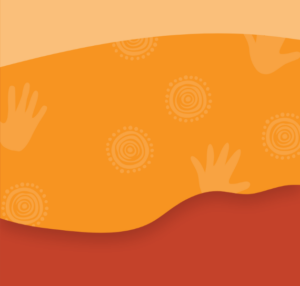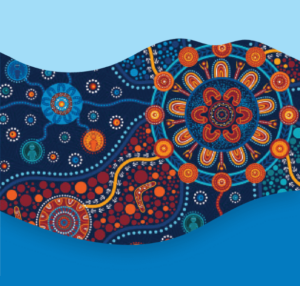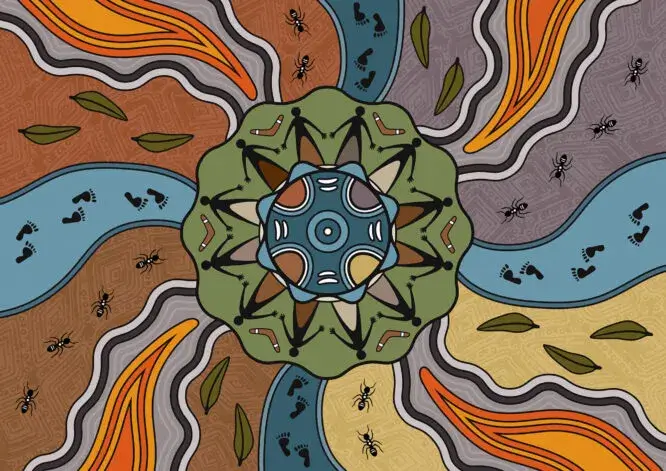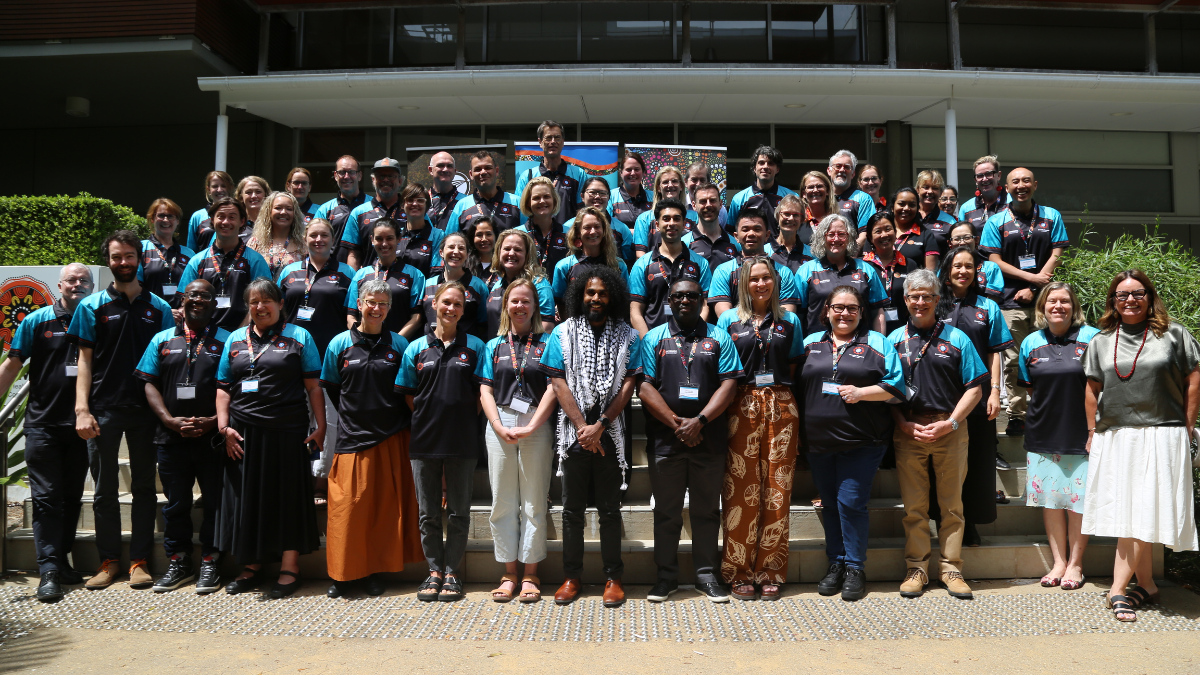Changes to the National Immunisation Program (NIP) childhood pneumococcal schedule which commenced on1 September 2025 has seen Prevenar 20 replace Prevenar 13 and Pneumovax 23. This newly funded vaccine covers more pneumococcal strains and offers longer-lasting protection than the previous vaccines. Prevenar 20 is free of charge through the National Immunisation Program. All Aboriginal and Torres Strait Islander children will now receive four doses of Prevenar 20, ensuring consistency across all states and territories.
The Impact of Pneumococcal Disease: Why Prevention Matters
Pneumococcal disease is caused by infection with the bacteria Streptococcus pneumoniae (pneumococcus) and can affect different parts of the body, from the lungs (bacterial pneumonia) and middle ear (otitis media) to more severe and sometimes life-threatening forms such as meningitis and bloodstream infection. Pneumococcus often live harmlessly in the back of the nose and throat of healthy people (known as colonisation), but occasionally these bacteria can cause an infection. Invasive pneumococcal disease can occur when a person acquires a new strain and the bacteria travels from the nose to a part of the body where it is not normally found.
Aboriginal and Torres Strait Islander children, along with young children and older adults, are a priority for strong protection against pneumococcal disease. In Australia, pneumococcal disease remains one of the leading causes of hospitalisation and death in children under two years of age. Ensuring access to effective vaccines is a vital step in supporting the health and wellbeing of Aboriginal and Torres Strait Islander families.
Why Vaccination Is Our Best Defence
The most effective way to protect children and communities from pneumococcal disease is through vaccination that prevents the bacteria from settling in the nose and throat—a process called colonisation. While many people carry pneumococcus harmlessly, these bacteria can sometimes spread and cause serious illness.
There are two types of pneumococcal vaccines. Pneumococcal polysaccharide vaccines (like Pneumovax 23) protect against many strains, but their effect is relatively brief. Pneumococcal conjugate vaccines (such as Prevenar 13 and Prevenar 20) offer stronger, longer-lasting protection. Not only do they prevent disease in vaccinated children, but they also reduce colonisation and transmission—helping to protect the whole community, including those who aren’t vaccinated.
Prevenar 20 is expected to prevent 25-30% more cases of invasive pneumococcal disease in children compared to Prevenar 13 by protecting against additional seven pneumococcal strains.
The National Immunisation Schedule now has four doses of Prevenar 20 for all Aboriginal and Torres Strait Islander children nationally at 2, 4, 6 and 12 months of age. Children who have been partially vaccinated so far with previously supplied vaccines can complete their routine schedule with Prevenar 20 without extra doses. The pneumococcal vaccination program for adults (aged ≥18 years) in Australia is currently under review.
Further information for ACCHO staff can be found in the Australian Immunisation Handbook and on the National Centre for Immunisation Research and Surveillance (NCIRS) website.
Contact publichealth@ahmrc.org.au if your ACCHO has immunisation questions.










